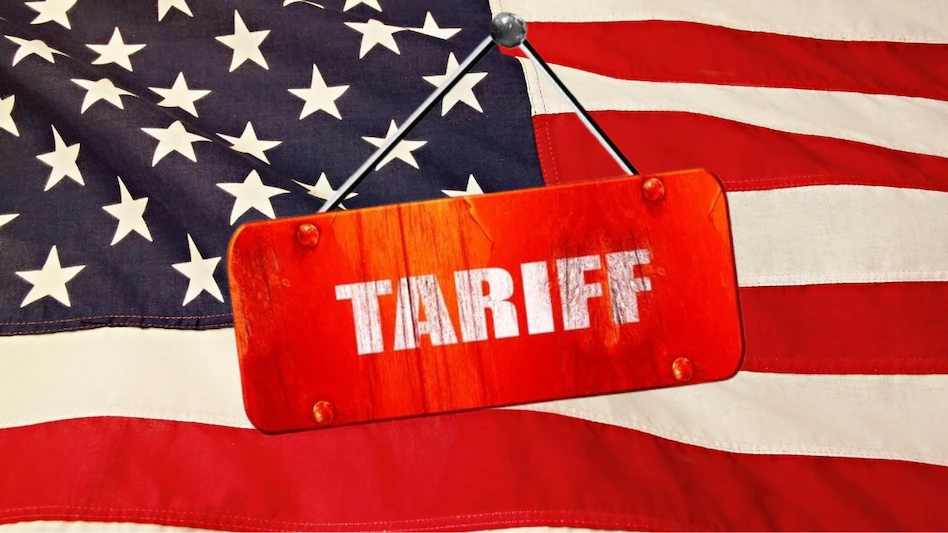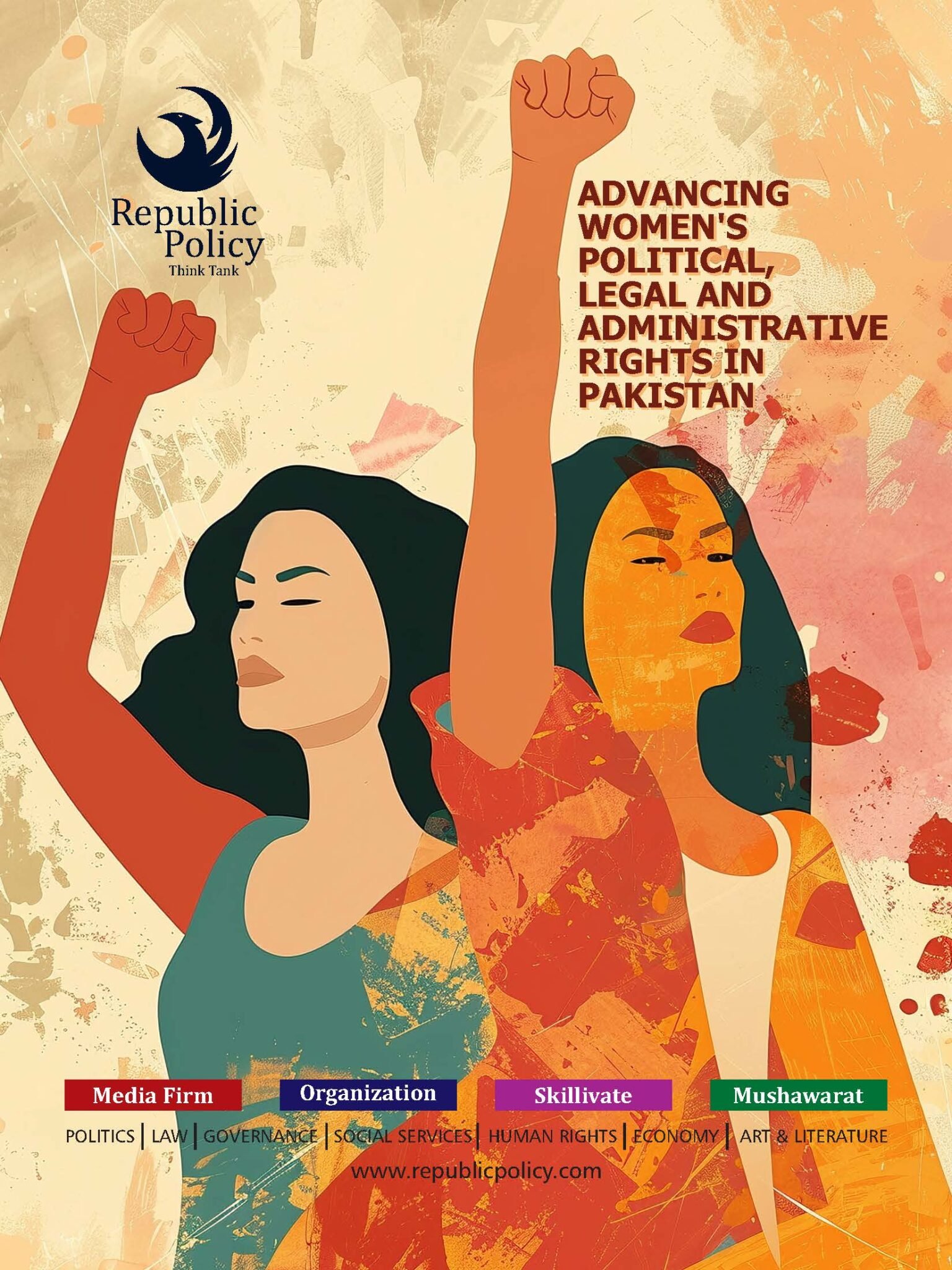Shahid Ali Khan
The international political order refers to the structure and organization of the global political system, including the distribution of power, the rules and norms that govern international relations, and the interactions between sovereign states and other international actors, such as intergovernmental organizations and non-state entities. It encompasses the principles, institutions, and practices that shape the behaviour of countries in the international arena and influence the dynamics of global politics. Complex and interconnected relationships between states characterize the international political order, and it is shaped by factors such as diplomacy, international law, security arrangements, economic interactions, and cultural exchanges. The nature of the international political order can evolve over time in response to changes in the global balance of power, shifts in geopolitical alliances, and transformations in the international system.
For several reasons, bilateral relations and alliances are essential for world politics and the global political order. Firstly, they contribute to the maintenance of peace and stability by fostering mutual understanding and cooperation between nations. Strong bilateral relations and alliances can help prevent conflicts and promote peaceful resolutions to disputes.
Additionally, bilateral relations and alliances are crucial for addressing global challenges such as climate change, terrorism, and pandemics. By working together, countries can pool resources and expertise to tackle these complex issues more effectively.
Furthermore, bilateral relations and alliances contribute to economic prosperity by facilitating trade, investment, and technological exchange between nations. This can lead to economic growth, job creation, and improved standards of living for people in participating countries.
In terms of geopolitical influence, bilateral relations and alliances can enhance a country’s strategic position and influence in international affairs. By aligning with like-minded nations, countries can amplify their voice and exert greater influence on global decision-making processes.
Overall, bilateral relations and alliances play a crucial role in shaping the world political order by promoting peace, addressing global challenges, fostering economic cooperation, and enhancing geopolitical influence.
On 16 May, President Vladimir Putin embarked on a state visit to China, marking his first official visit to the country since assuming his fifth term as President of Russia. The visit holds significance as both Russia and China are commemorating the 75th anniversary of their diplomatic relations this year. The frequent meetings between the leaders of these two nations underscore their commitment to elevating the Russia-China relationship to new heights. This burgeoning alliance carries substantial implications not only for the region but also for the global geopolitical landscape.
At the heart of this evolving partnership is the shared objective of reshaping the prevailing global order. With China aspiring to supplant the US as the leading global power, Russia stands as a crucial ally in this endeavour. Both nations advocate for a paradigm shift towards a world order characterized by principles of peace, security, fairness, and justice, presenting an alternative to the existing order. The recent events, particularly the US’s backing of Israel in its military campaign against Gaza, have further bolstered the credibility and influence of the leaders of China and Russia while simultaneously diminishing the persuasive authority of the US on the world stage.
Notably, Russia and Iran have collaborated effectively to uphold Bashar al-Assad’s regime in Syria, thwarting the US and Israel’s ambitions for regime change in the country. Moreover, both Russia and China have provided support to Iran in mitigating the impact of US sanctions, thereby bolstering Iran’s economic stability. The deepening economic ties are evidenced by China’s increased oil imports from Iran and Russia’s substantial surge in exports to Iran. Additionally, Russia has taken steps such as unfreezing Iranian and North Korean assets and signing bilateral agreements to trade in local currencies, further cementing the alliance.
The strategic alignment between Russia and China also extends to their dealings with North Korea, with Russia aiding in the launch of a spy satellite for North Korea. China’s significant economic ties with North Korea, conducting over 80% of its trade with the country, underpin the strategic importance of maintaining stability in the region. This partnership serves as a pivotal component of the alternative world order being shaped by Russia and China, signifying their expanding dominance and influence within the international system.
In light of Russia’s ongoing military activities in Ukraine, its deepening partnership with China sends a clear message to the US of its united stance against any encroachment in the region. The robust economic interdependence between Russia and China, marked by substantial bilateral trade and mutual benefits, underscores the strength of their strategic alliance. Russia’s role in enhancing the military capabilities of both China and Iran further solidifies their collaboration and mutual defence.
Looking ahead, China’s strategic expansion in the western Pacific and Indian Ocean, alongside its initiatives such as the China-Pakistan Economic Corridor (CPEC), signifies its intent to establish a stronghold in the region before challenging US global hegemony. The evolving dynamics in the region, including India’s engagement with Iran and the increasing significance of the East in global affairs, underline the imperative for countries like Pakistan to engage with the shifting geopolitical landscape actively.
President Putin’s visit to China and the burgeoning alliance between Russia and China reflect a pivotal realignment in global power dynamics, with far-reaching implications for the existing world order. The deepening collaboration between these two nations, along with their strategic engagements in regions such as the Middle East and Asia, underscores the transformation of the international system and the emergence of an alternative world order led by Russia and China.
China and Russia could play a significant role in reshaping the world political order through their strategic partnership and collaboration. By aligning their interests and working together, they can exert influence in international affairs and challenge the existing global order dominated by Western powers. Their combined economic, military, and diplomatic capabilities enable them to promote alternative principles of peace, security, fairness, and justice, presenting a counterbalance to the current world order. Additionally, their collaboration can lead to the formation of new international alliances and initiatives that reflect their shared vision for global governance.

















